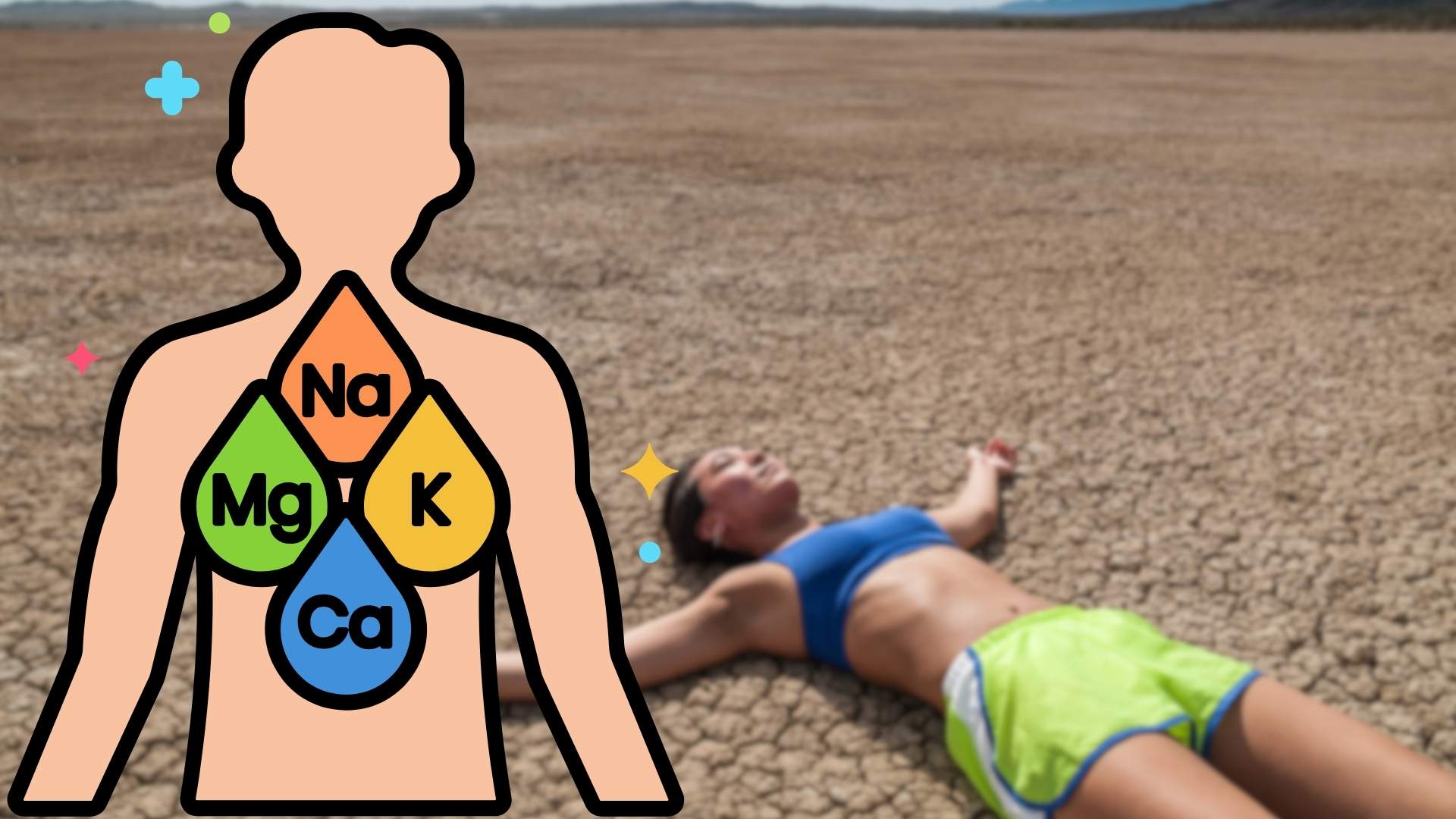Electrolytes are minerals such as sodium, potassium, and calcium that play important roles in many different processes in all the cells of your body.
Electrolyte imbalances can cause problems for many different body systems. If severe, they can even be life-threatening. Electrolyte imbalances are especially common in the elderly and those who are seriously ill.

Some types and causes of electrolyte imbalance
Sodium
One of the most common electrolyte imbalances is hyponatremia. Hyponatremia can occur when the amount of blood circulating in your body is reduced. This can happen with conditions such as:
- Congestive heart failure
- Progressive liver disease
- Adrenal insufficiency
Other conditions that can cause hyponatremia include:
- Drink too much water
- Low sodium diet
- Hypothyroidism
Calcium
Hypocalcemia is when you have low levels of calcium in your blood. Hypocalcemia is often associated with hypoparathyroidism, a condition that can occur after your thyroid gland is removed.
Hypoparathyroidism can also be caused by certain autoimmune conditions or genetic diseases.
Hypocalcemia may also be associated with other conditions such as:
- Severe vitamin D deficiency due to malnutrition or conditions that lead to poor absorption of nutrients in the digestive system
- Pancreatitis
- Prostate cancer or breast cancer
Medications that can also cause hypocalcemia:
- Some chemotherapy drugs
- Diuretics
- Anticonvulsants
- Osteoporosis treatment drugs
High calcium levels, called hypercalcemia, can occur with conditions such as:
- Certain cancers, including lung cancer and breast cancer
- Kidney disease
- Lung diseases such as tuberculosis
Potassium
Low potassium is called hypokalemia. This can happen when medical conditions or medications cause fluid loss from the digestive system or urinary tract. For example:
- Excessive vomiting
- Take diuretics
Hyperkalemia, when you have too much potassium in your blood, is linked to a number of different conditions, including:
- Metabolic acidosis, which occurs when your kidneys can't remove excess acid from your blood
- Insulin deficiency
- Diabetic ketoacidosis
- Kidney disease
Magnesium
Hypomagnesemia refers to low levels of magnesium in the blood. This condition usually occurs when you lose too much fluid through vomiting or diarrhea, or when you lose too much magnesium through your urine. Some possible causes of hypomagnesemia include:
- Gastrointestinal diseases such as Crohn's disease or short bowel syndrome
- Type 2 diabetes
- Heavy alcohol use
- Low dietary intake of magnesium
Certain medications can also cause hypomagnesemia:
- Diuretics
- Some antibiotics and antifungal drugs
- Some chemotherapy drugs
Hypermagnesemia is when you have too much magnesium in your blood. Hypermagnesemia is common in people with chronic kidney disease and people who are hospitalized for kidney injury.











